Advertisement
Dogs That Won't Obey You
Advertisement
While every dog is a loyal companion at heart, some breeds are simply more challenging to train than others. Whether it’s darting out of the yard, barking at the mail carrier, or gnawing on your favorite pillows, training can sometimes feel like an uphill battle. If you’re finding it tough to curb these behaviors, don’t stress—some breeds just need a bit more time and effort to learn the basics.
Shiba Inu
Shiba Inus are known for their cute looks and sharp intelligence. But these traits come with a catch—they’re famously stubborn and independent, making them tough to train. Positive reinforcement is essential to encourage obedience. A creative and patient approach is key to guiding this breed. Starting socialization early helps ensure your Shiba is well-adjusted around other dogs and people.
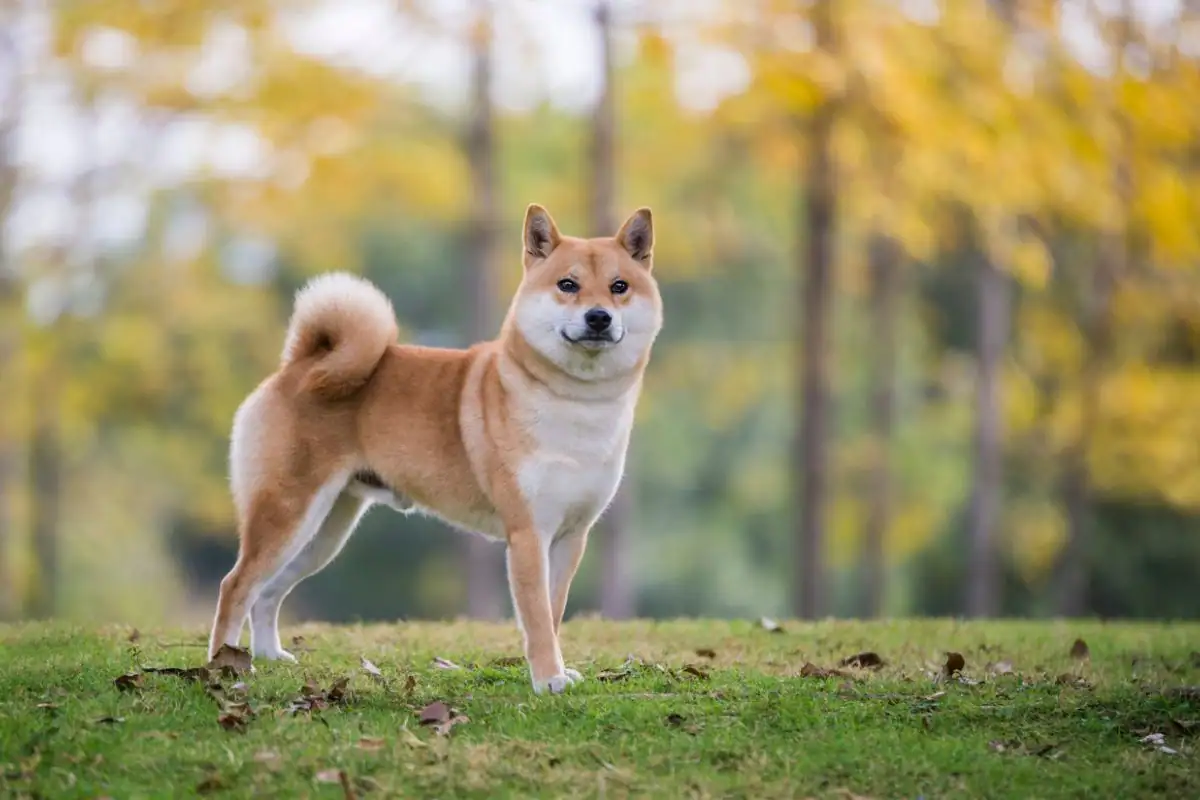
Advertisement
Chow Chow
With their fluffy coats and adorable faces, Chow Chows are hard to resist. Training them, however, can be a challenge due to their strong-willed nature. Socialization is crucial as they can be aloof around strangers. Repetition, coupled with treats, helps teach them obedience. It’s important to use body language and a firm tone to establish respect—essential for training both Chow Chow puppies and adults.
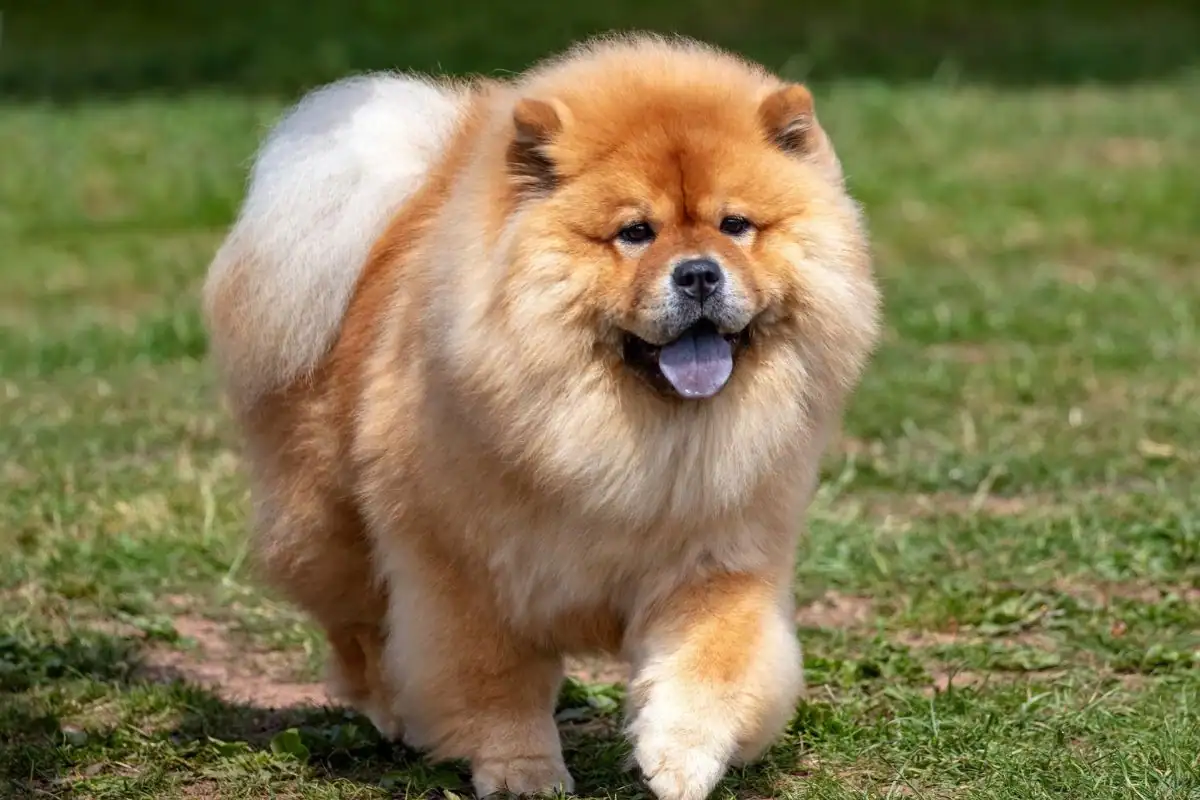
Advertisement
Afghan Hound
In addition to grooming needs, Afghan Hounds require consistent training to reinforce good habits. These elegant dogs can be aloof and have a strong prey drive, which might cause issues at dog parks or around small children. Gentle training techniques and creative reward systems are the most effective methods for managing this breed.
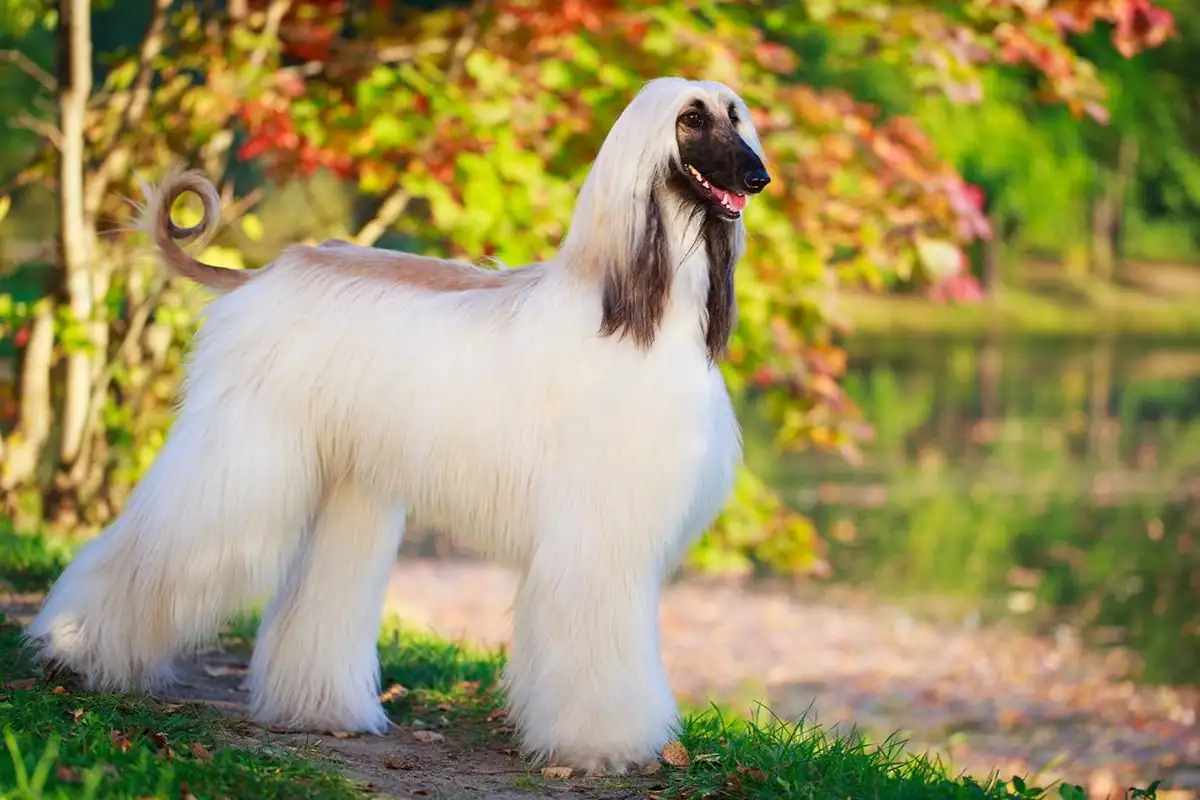
Advertisement
Beagles
Beagles are lovable but can be tough to train due to their tendency to bark and follow their noses everywhere. To make training more manageable, establish a routine and ensure they get plenty of exercise. This helps burn off their high energy, making them more responsive to commands.
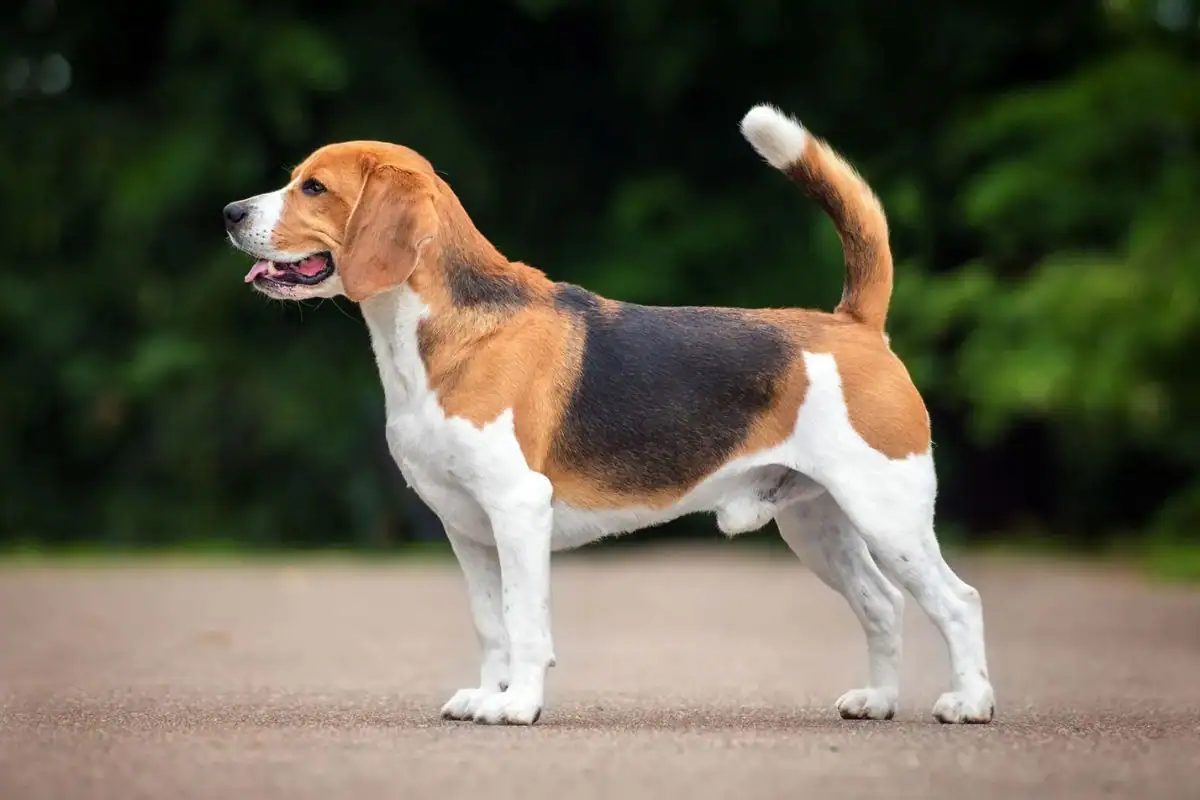
Advertisement
Whippet
Whippets are hunters by nature, so they often act impulsively without waiting for your cue. To keep their energy in check, they need lots of exercise in a safe, enclosed space. Early socialization with other dogs is beneficial, but they should be kept away from smaller animals. Crate training from puppyhood and using a reward-based system can set the foundation for good behavior.
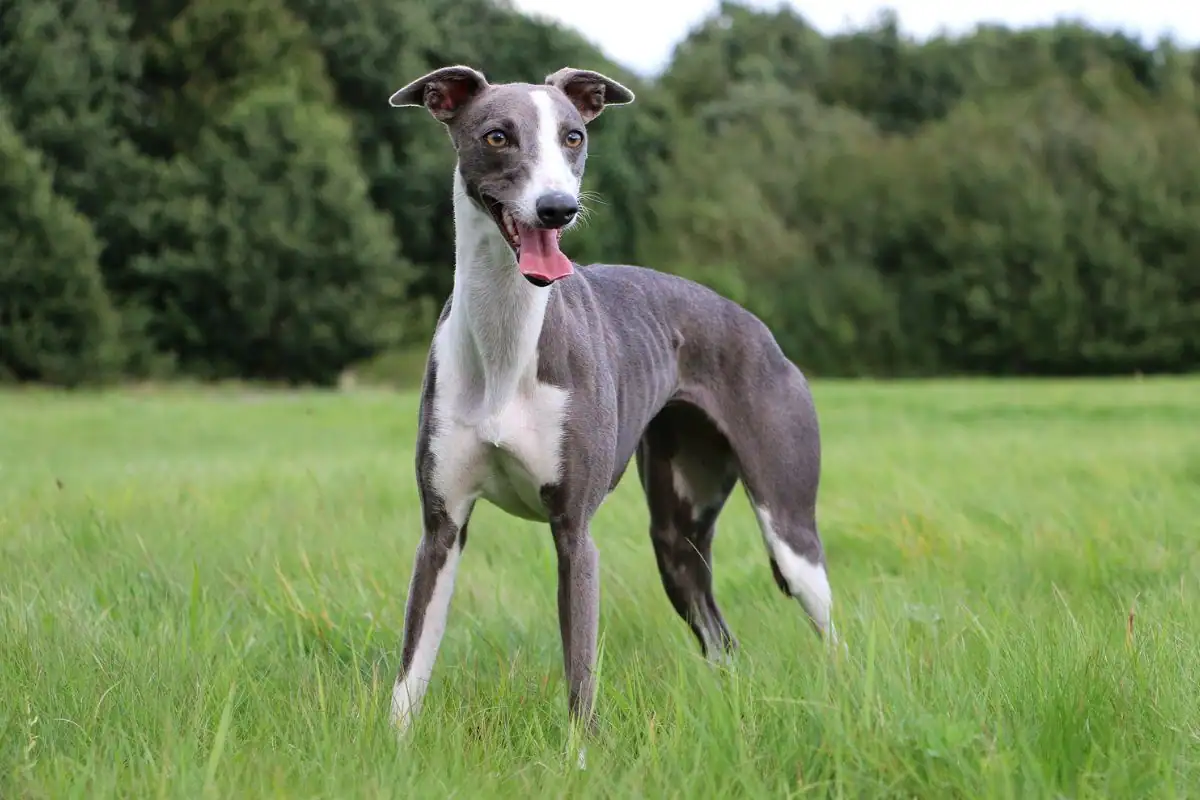
Advertisement
Vizslas
These sleek, active dogs need plenty of physical and mental stimulation. Vizslas do well with training that incorporates play, like fetch, and obedience exercises. Soft toys and chew toys are great tools for training, as they align with their natural hunting instincts. Their intelligence and boundless energy make interactive training a must.
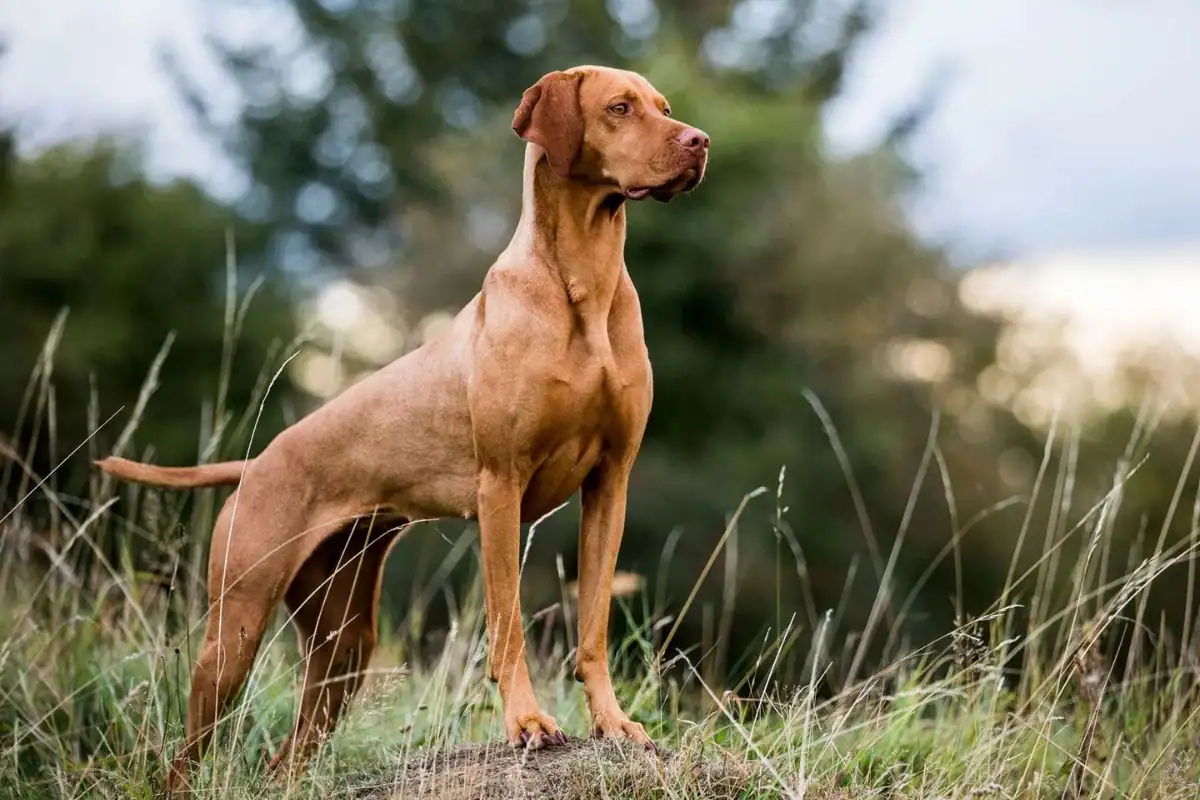
Advertisement
Australian Shepherd
Australian Shepherds are known for being one of the most intelligent dog breeds, which can work both for and against you in training. They thrive on tasks that challenge their minds and reward their efforts. Since they were bred for herding livestock over large distances, engaging them in activities that harness their intelligence and athleticism is key.
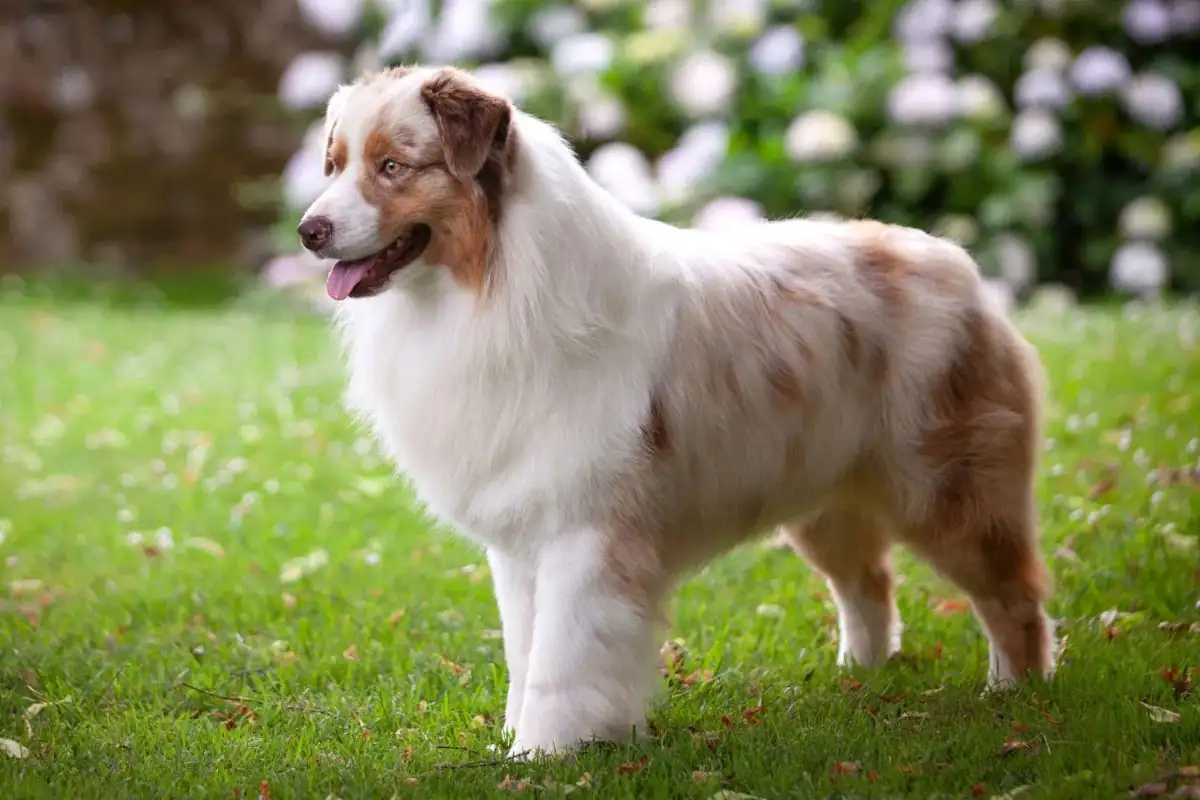
Advertisement
Huskies
Huskies have a reputation for being escape artists and can be destructive when bored or anxious. While training can help manage these tendencies, Huskies are not typically off-leash dogs. A secure, well-fenced yard is a must. Training classes and consistent attention can help curb their adventurous streak.
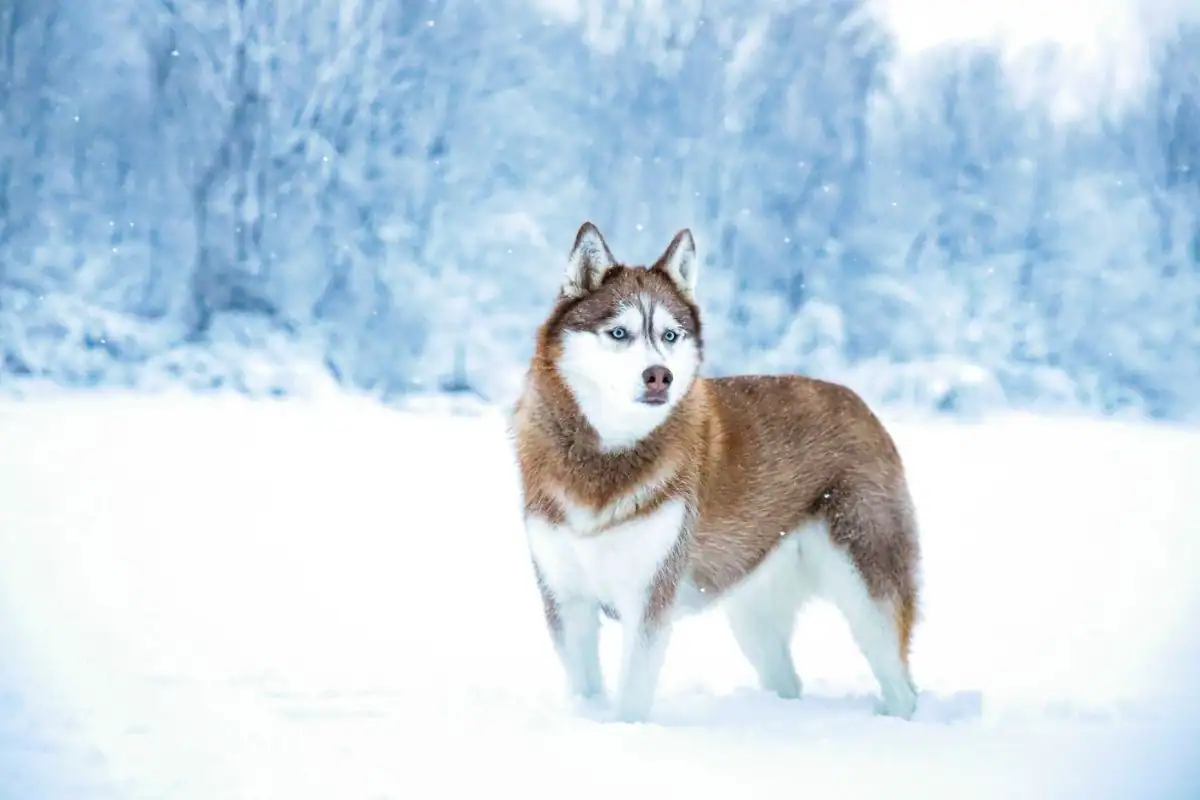
Advertisement
Basenjis
Training a Basenji requires short, engaging sessions since they don’t do well with long training routines. They are intelligent and curious, so incorporating new and fun activities into their training is essential. Basenjis are agile and fast, so leash training is crucial before considering any off-leash playtime.
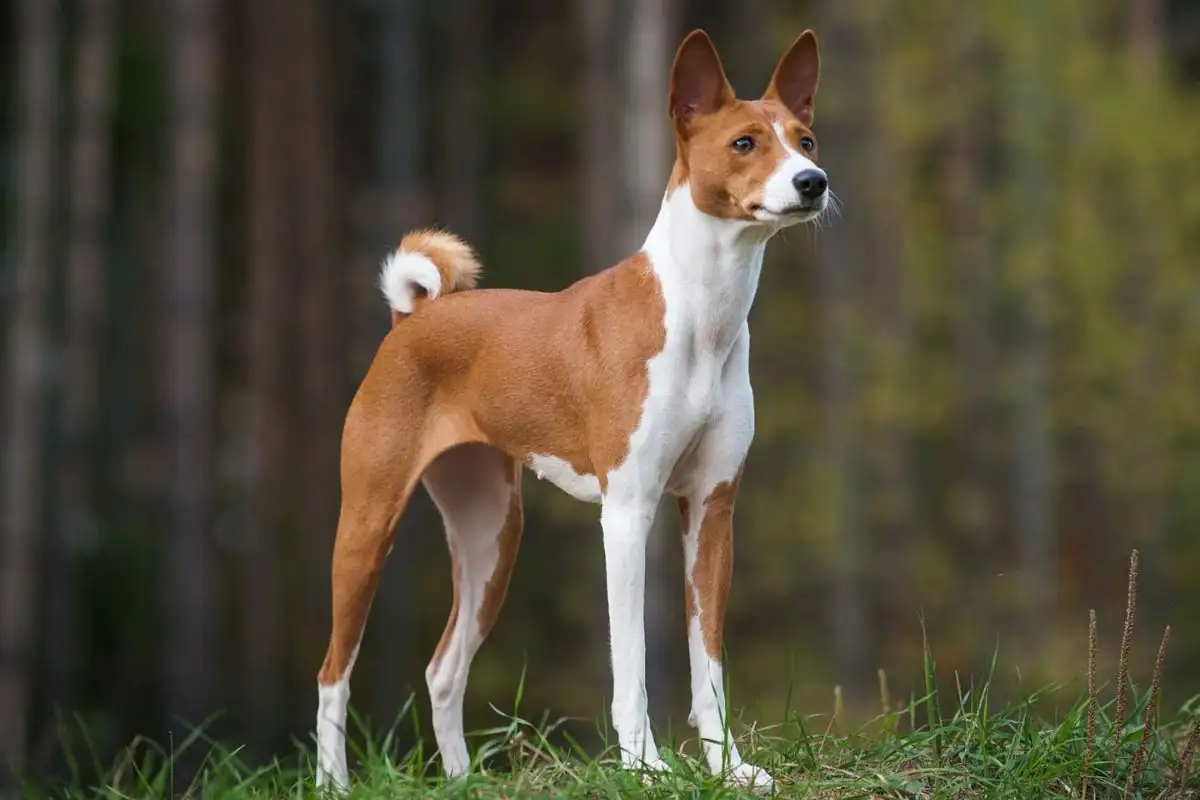
Advertisement
Greyhounds
Similar to Basenjis, Greyhounds benefit from quick training sessions while both dog and owner are focused and energetic. Daily walks or runs are necessary to keep them happy and healthy. Adjustable-length leashes can give you better control while training. Starting training early is ideal, but even older Greyhounds and retired racers can learn with patience and tailored techniques.
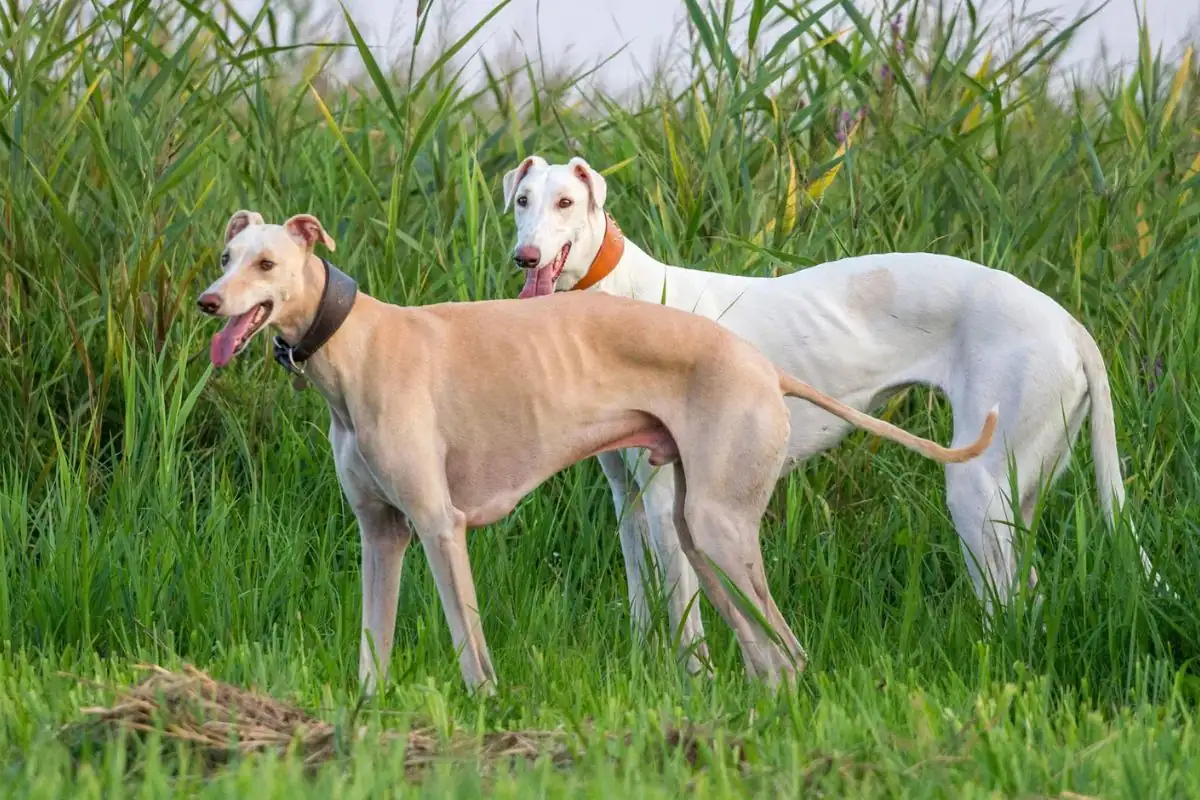
.png)




